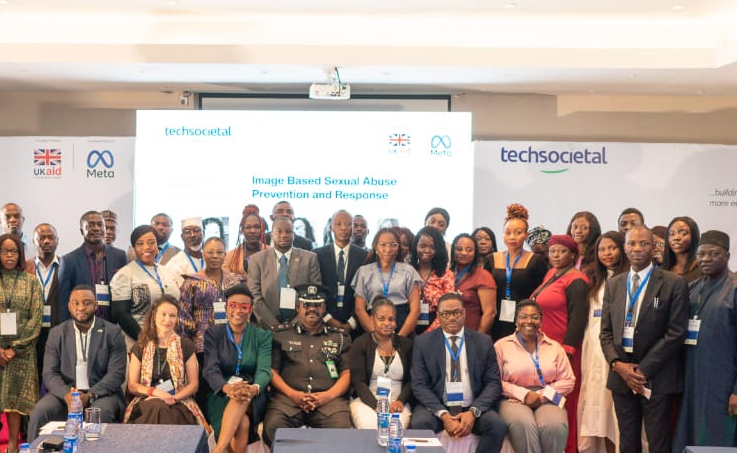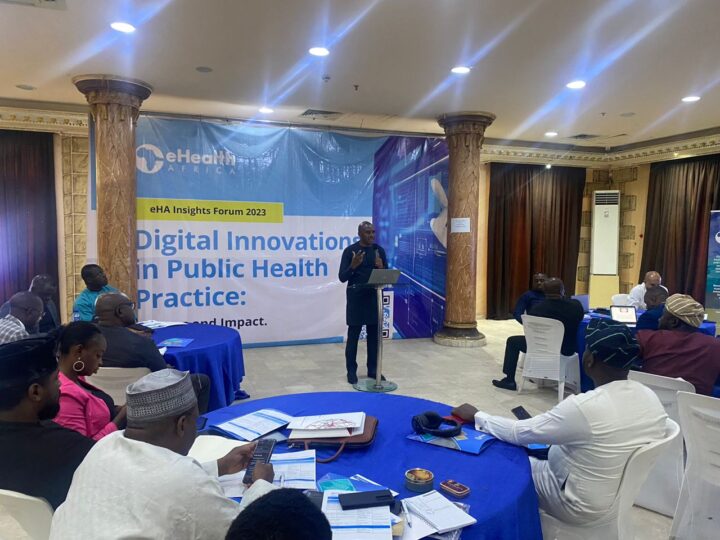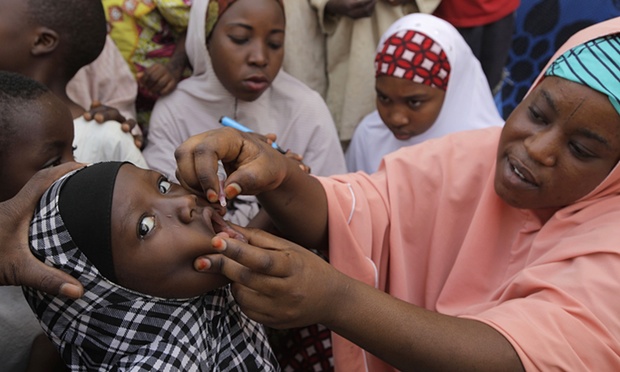TechSocietal, a non-governmental organisation, has partnered with Meta, the parent company of Facebook, to create awareness on how image-based sexual abuse affects women and children.
During the three-day workshop, stakeholders were enlightened on how women and children receive non-consensual intimate images via the internet in Nigeria.
The workshop titled “Advancing women and children’s safety online in Nigeria: Image-based sexual abuse prevention and response”, was held in Ikeja, Lagos.
Speaking at the training, Tope Ogundipe, executive director, TechSocietal, said there is an urgent need for massive sensitisation and awareness to ensure that Nigerian women and children are safe online.
Advertisement
“In recent years, children and adolescents have become increasingly vulnerable to online risks due to the widespread use of the internet and digital technologies,” Ogundipe said.
“We’ve also seen that women and girls in Nigeria are disproportionately affected by online violence and abuse, including non-consensual image-based sexual abuse, rape threats, cyberstalking, and doxxing.
“Also, in Nigeria, there is a significant gap in programmes addressing the full spectrum of online violence and abuse. Existing initiatives tend to focus primarily on physical aspects, neglecting crucial psychosocial and legal support services for victims of online violence.
Advertisement
“These cases have led victims to suicidal thoughts and extreme anxiety.
“Through this workshop, we hope to come up with a broad approach to addressing the issues that look at prevention, detection and response, taking into account global best practice models.”
On her part, Sylvia Musalagani, head of safety at Meta for Africa, Middle-East and Turkey, said the social media giant will put necessary measures in place on its platforms to ensure safety for women and children.
“Meta has made several efforts to ensure safety on all our platforms and we are always ensuring that we monitor and ensure implementation across countries,” she said.
Advertisement
“The company has put in place approaches for safety such as partnerships just like the one we are having with TechSocietal to create awareness and seek solutions.
“We have also put in place policies, safety tools, and resources to help address risks such as non-consensual image spread, but most importantly, we are always ensuring feedback.”
Also speaking, Ifeanyi Henry, director, Nigeria Police Force National Cybercrime Centre (NPF-NCCC), said people rarely report cases of romance scams in Nigeria.
“Criminals hide behind electronic devices and leverage technology to perpetrate evil. Sextortion and romance scams can be attributed to lack of sensitisation and awareness about the modus operandi of the threat actors,” he said.
Advertisement
He added that there is a need for “aggressiveness” in creating awareness for crimes like sextortion and romance scams.
“We need to encourage victims to speak up and report these crimes. The legal framework for prosecuting these crimes also needs to be reviewed. Social media giants, which provide platforms for use in committing the crimes, should make data available,” he added.
Advertisement
The workshop was attended by police officers, officials of the Nigeria Communications Commission (NCC), the National Agency for the Prohibition of Trafficking in Persons (NAPTIP), government sexual assault referral centres and members of civil society organisations (CSO).
Advertisement
Add a comment






